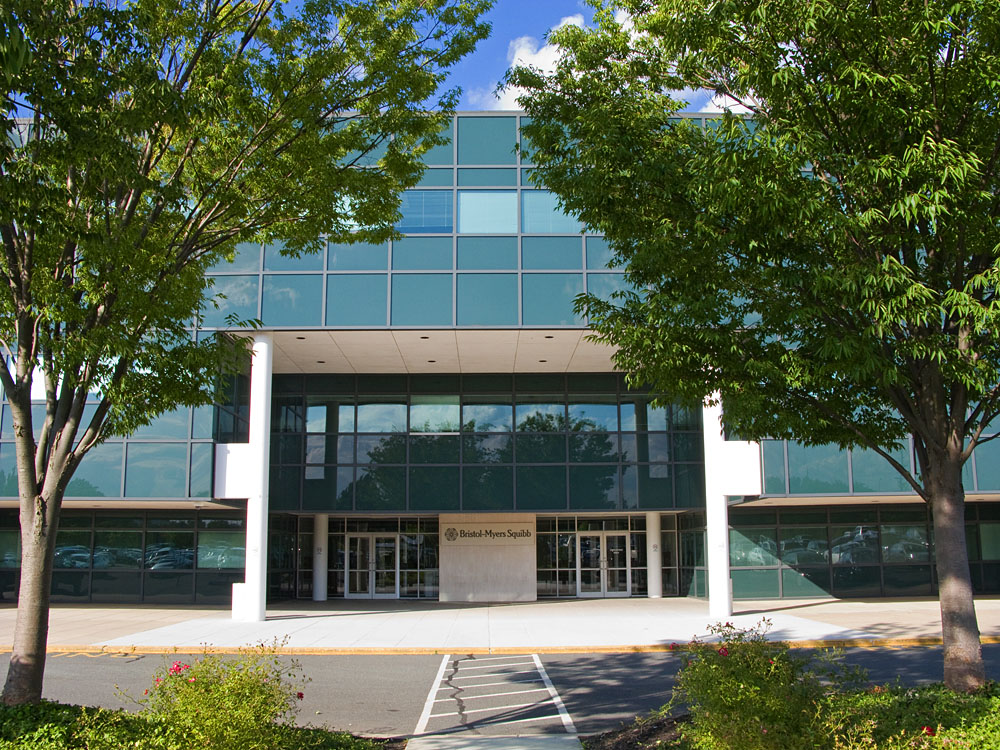BMS' big merger bet is still on with latest CAR-T filing

Bristol-Myers Squibb and development partner bluebird bio have filed their multiple myeloma CAR-T with the FDA, the final part of a three-drug “bet” that was a sweetener following its $74 billion merger with Celgene late last year.
The CAR-T therapy idecabtagene vicleucel is intended for multiple myeloma patients who have received at least three prior therapies, including an immunomodulatory proteasome inhibitor and an anti-CD38 antibody (Janssen’s Darzalex).
Celgene had been working with bluebird bio to develop the drug before the merger and if approved it could be the first CAR-T on the market to treat multiple myeloma, where white blood cells congregate in the bone marrow compromising the function of the immune system.
Previously known as bb2121 and referred to as ide-cel for short, the drug must be approved by the FDA before 31 March next year, and BMS’ other CAR-T from Celgene must get backing from the FDA before 31 December this year for the “bet” to pay out.
BMS did not say whether the FDA has granted a faster six-month priority review reserved for badly needed drugs for serious diseases, but even with a standard 10 month review the regulator looks set to make a decision on ide-cel well ahead of the deadline.
Last week the FDA approved the first drug in the bet, MS drug ozanimod, meaning anyone owning a publicly traded Contingent Value Right (CVR) handed out to Celgene shareholders at the end of last year is still on track to get their money.
The CVRs will pay out $9 each if the remaining two drugs are approved ahead of the deadline.
This looks like smart work from BMS which in both cases has left a few months of “wiggle room” for the two CAR-T drugs to be approved at a time when the ongoing coronavirus crisis could cause delays at government agencies such as the FDA.
Ide-cel works against a different target from the two currently approved CAR-T therapies, Gilead’s Yescarta and Novartis’ Kymriah, which both target CD-19.
BMS and bluebird’s drug targets B-cell maturation antigen (BCMA) and the filing is based on results from the phase 2 KarMMa study in heavily pre-treated patients with relapsed and refractory multiple myeloma.
Topline data from KarMMa, reported in December 2019, showed the study met its primary endpoint of overall response rate, and the importany secondary endpoint of complete response rate.
BCMA is a protein that is nearly universally expressed on cancer cells in multiple myeloma, making it an important potential target for the treatment of this aggressive blood cancer.












